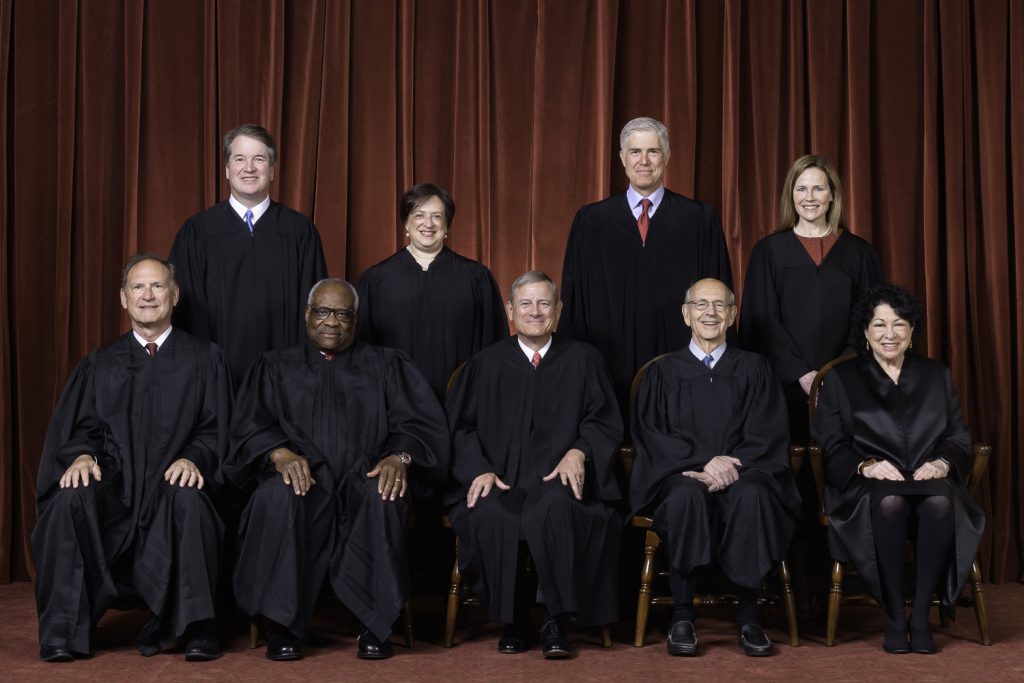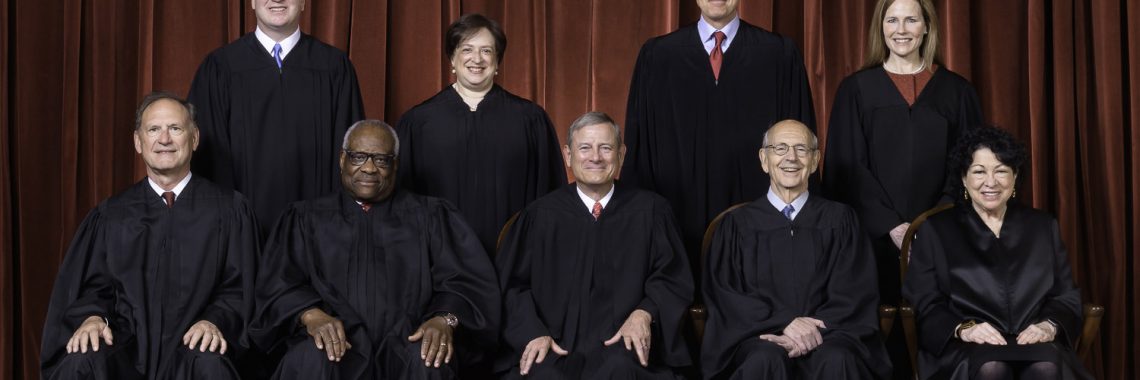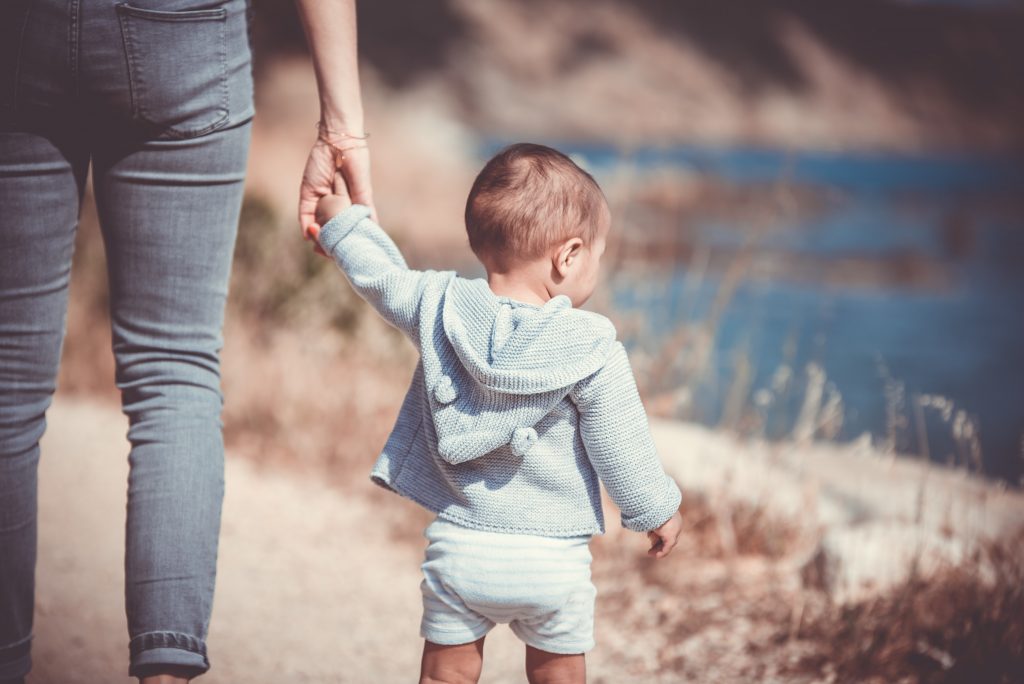Religious Liberty Wins Unanimous Victory at U.S. Supreme Court

On Thursday the U.S. Supreme Court ruled unanimously in favor of a faith-based adoption and foster care agency from Philadelphia.
The city of Philadelphia ended foster-care referrals to Catholic Social Services in 2018, because Catholic Social Services declined to place children with same-sex couples.
The city’s decision prevented the charity from placing new foster children with families in Philadelphia — all because Catholic Social Services wanted to operate according to its religious convictions regarding marriage.
In a statement, Alliance Defending Freedom General Counsel Kristen Waggoner said, “The government can’t single out people of certain beliefs to punish, sideline, or discriminate against them. We’re grateful for the good decision today consistent with that principle.”
This is a stunning victory for religious freedom in America.
As same-sex marriage and so-called “nondiscrimination” legislation have advanced across much of the nation, faith-based adoption and foster care agencies have faced tremendous pressure to violate their religious convictions or stop serving their communities altogether.
Today’s Supreme Court decision affirms that our laws must respect religious liberty.
The fact that the ruling was unanimous makes this decision all the more significant.




